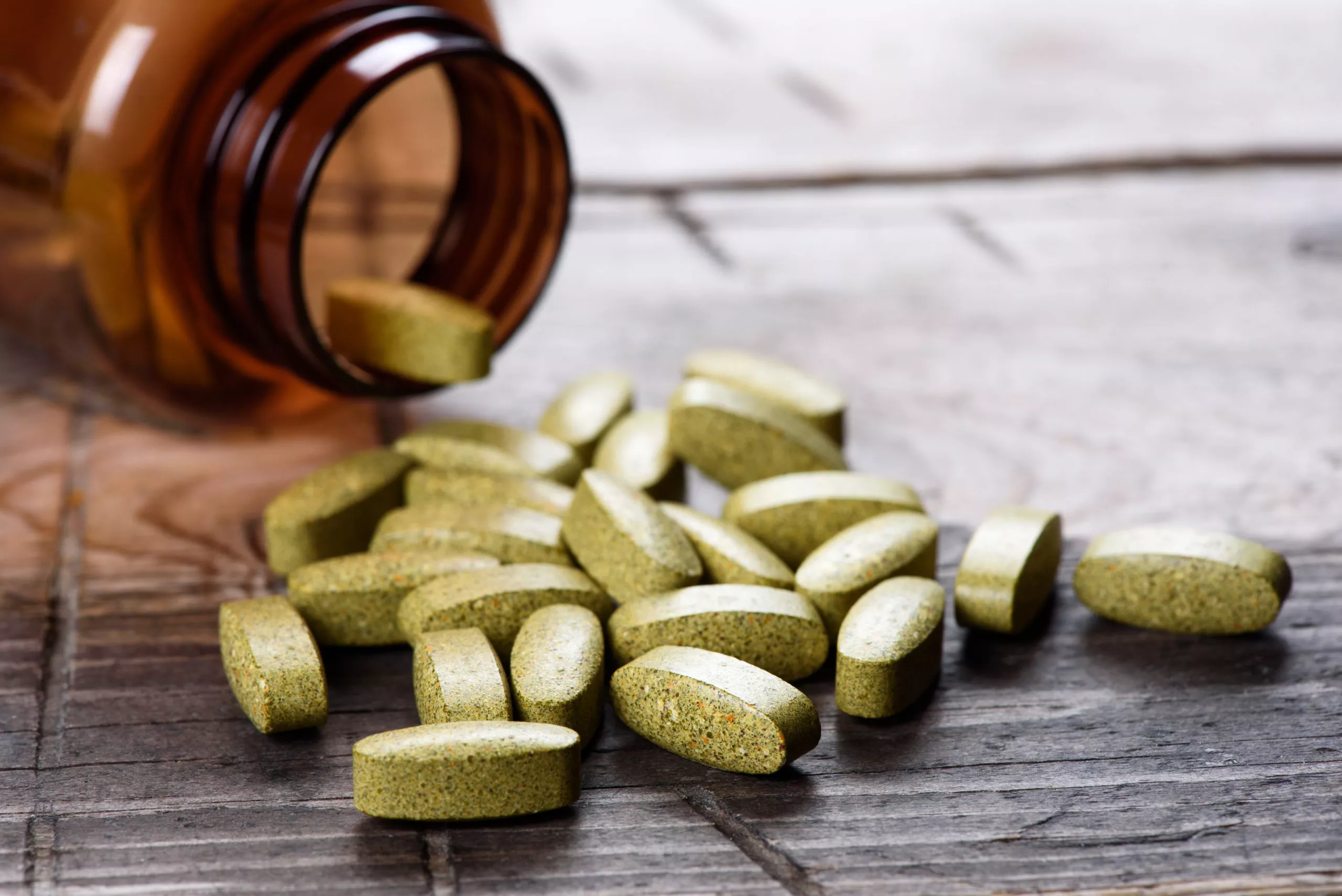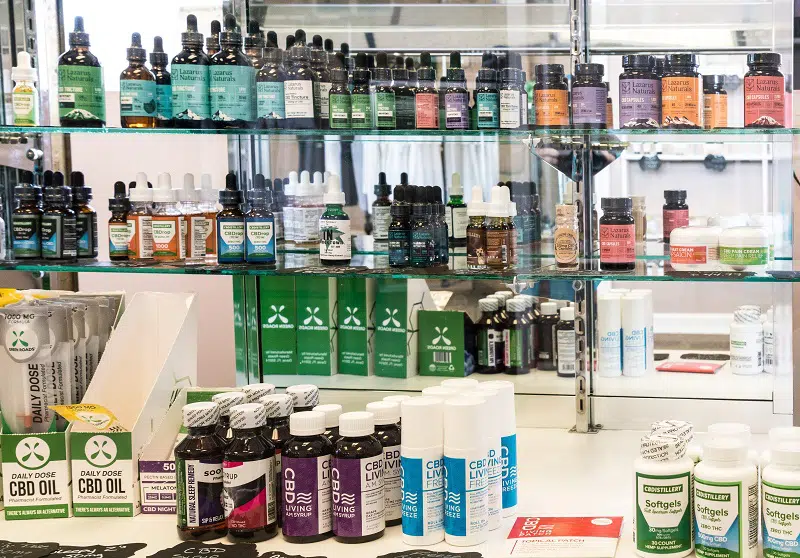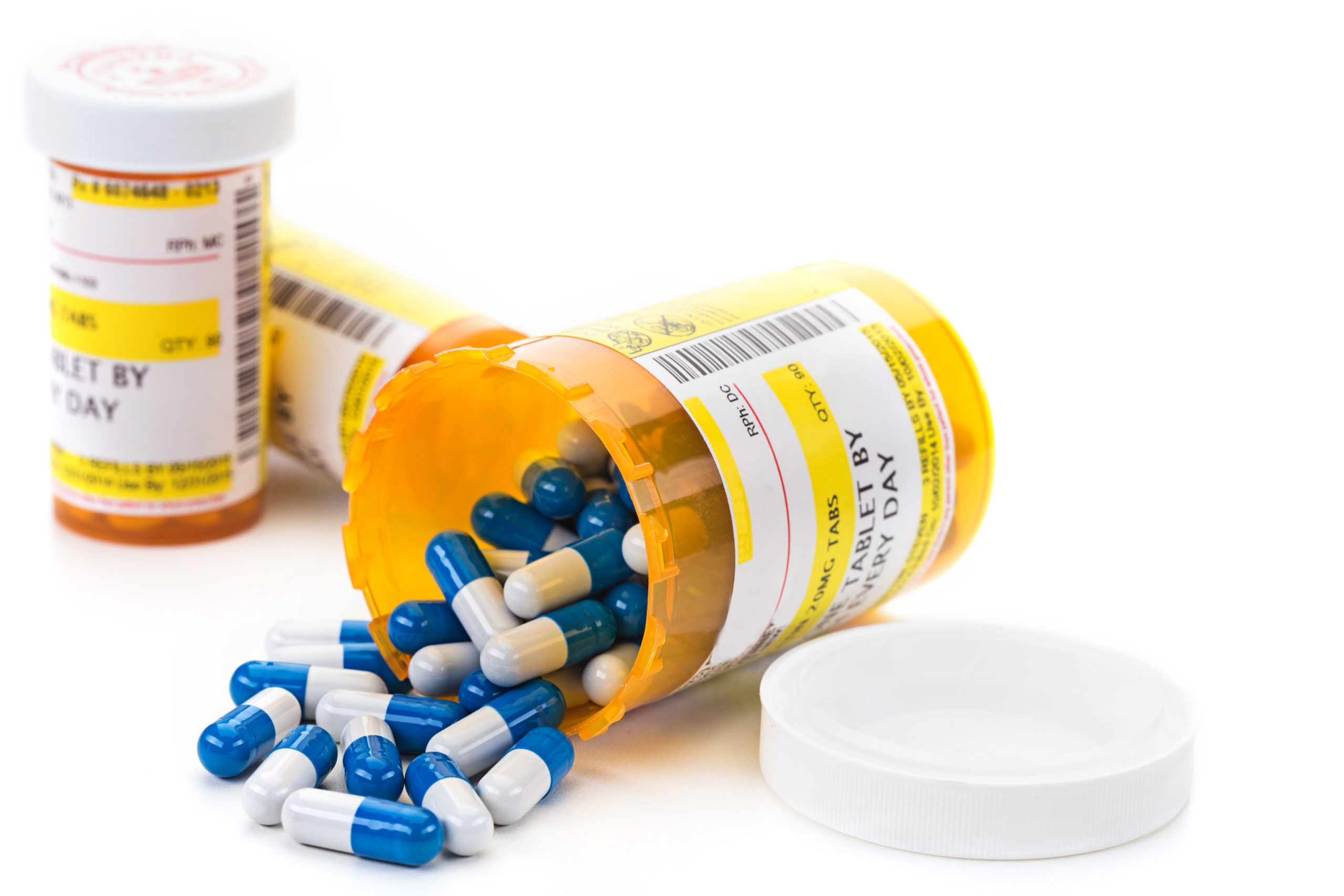-
- Market Research
- |
- CBD Near Me
- |
- Giveaways
- |
- Newsletter
- |
- Contact
- |
- Advertise
- |

Here’s the latest CBD news:
- A bipartisan bill pushes for FDA regulation of all hemp-based cannabinoids except THC.
- A human trial confirms the high absorption capability (bioavailability) of liquid CBD solutions.
- Researchers in the UK found that CBD consumption does not affect the brain’s reward centers.
CBD Freedom Bill Presented in Congress
In an attempt to reconcile the lack of CBD regulation with the compound’s explosive rise in popularity, house representatives Kurt Schrader (D-OR) and Morgan Griffith (R-VA) proposed a bipartisan bill (H.R. 841) to congress on 2/4 that would qualify hemp-based compounds (except for THC) for Food and Drug Administration (FDA) regulatory standards.
Named the Hemp and Hemp-Derived CBD Consumer Protection and Market Stabilization Act of 2021, the language and structuring of H.R. 841 is very similar to H.R. 8179, a bill proposed in September of last year.
Per the language, H.R. 841 seeks to “make hemp, cannabidiol derived from hemp, and any other ingredient derived from hemp lawful for use under the Federal Food, Drug, and Cosmetic Act as a dietary ingredient in a dietary supplement, and for other purposes.”
In other words, congress is squeezing the FDA to treat CBD and related compounds (except THC) the same as any other FDA-approved approved dietary supplement, which will require CBD manufacturers to comply with the new dietary ingredients (NDI) notification process, Good Manufacturing Practices (GMP) requirements, and other FDA rules.
In addition to public health and safety interests, growing pressure to increase CBD regulation from brands and consumers alike has prompted congress to create this bill as a way of providing some regulatory structure in the absence of Food and Drug Administration (FDA) approval.
The full text has yet to be published on congress.gov, but the older bill called for a “marketability study and report” that would identify “market and regulatory barriers for (CBD) producers.”
Considering the title of H.4. 841, it’s very likely that we will see this language or a close permutation again when the text is released.
CBD Producer Backs Human Trial on CBD Bioavailability
The results of a Colorado State University human trial sponsored by Caliper Ingredients, a Colorado-based formulator and distributor of US-sourced industrial hemp extracts, has added credence to the company’s claims regarding their CBD liquid concentrates’ absorption capabilities.
The Pharmaceuticals trial compared the human pharmacokinetics of five CBD preparations, meaning researchers measured how much each formulation was absorbed into the human bloodstream, how quickly blood levels of CBD rose and fell, and other measurements relating to the nature of its absorption and metabolism in humans.
The five CBD preparations provided by Caliper included:
- A CBD tincture
- CBD powder in water
- 20% concentrated CBD liquid solution
- 5% concentrated CBD powder
- 5% concentrated CBD liquid solution
At the outset, the researchers highlight several problems in measuring the physiological effects of CBD, including the “difference between CBD preparations” and the “influence on body composition on CBD bioavailability (how much of it can be absorbed).”
For these reasons, the study designers sought to establish the relationship between body composition and absorption capability of CBD in addition to the across-the-board bioavailability.
But it was definitely the unadjusted bioavailability of especially the liquid concentrations that stole the show, because the data showed that the 5% cannabidiol liquid solution was absorbed much faster and more efficiently than other preparations in previous studies.
A lightning-fast absorption rate isn’t always desirable, but if CBD continues to gain attention as an acute pain and inflammation reliever, findings like this one will be useful in guiding formulators.
Study Finds CBD Doesn’t Stimulate Brain’s Reward Centers
A double-blind study from University College London examining the effect of cannabidiol consumption on the reward centers of the brain found no difference between CBD and placebo.
After consuming either CBD (600mg) or a placebo, participants performed a “monetary incentive delay (MID)” task in which they would quickly respond to cues on a computer screen, earning a monetary reward if they responded quickly enough.
While participants were undergoing this task, researchers were measuring brain activity in several pleasure centers of the brain (e.g., amygdala, thalamus, and others) using functional MRI to determine whether CBD enhanced “reward anticipation and feedback.”
While the MID task itself elicited a response from reward centers as expected, researchers concluded that “cannabidiol did not acutely affect the neural correlates of reward anticipation in feedback,” meaning CBD provided no boost to reward-seeking behavior.
Considering the fact that some states are still conflating CBD with high-THC cannabis, treating them both the same legally and arguing for their addictive nature, studies like this one (that prove CBD is non-addictive) may be instrumental in building a regulatory pathway on the federal level.







